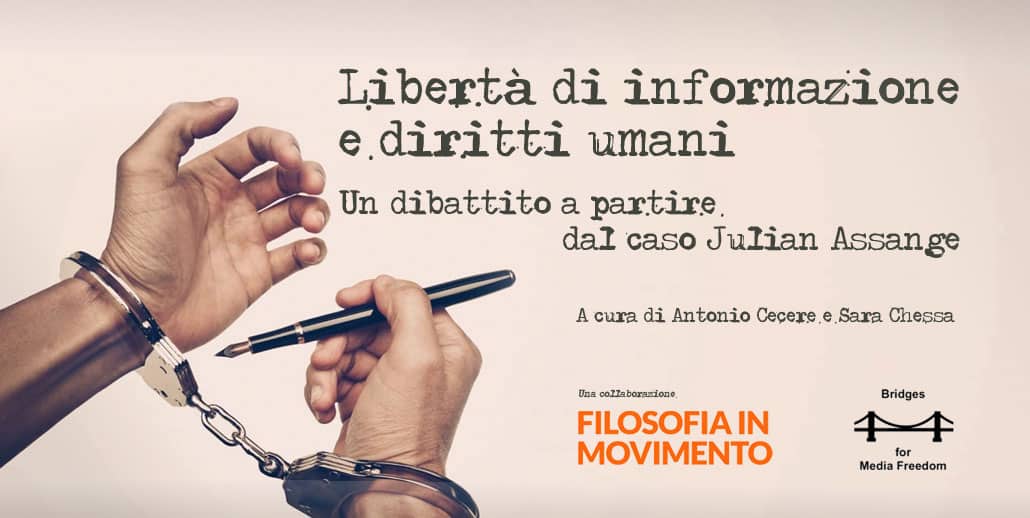Intervista a Greg Barns sul caso Assange
di Sara Chessa
Assieme ai nostri partner di Bridges for Media Freedom, progetto britannico di Blueprint for Free Speech a difesa della libertà dei media, inauguriamo oggi il nostro percorso di analisi di uno dei casi emblematici riguardanti i rischi che la libertà di informazione e di espressione corrono in questo
frangente storico. Per dare avvio allo studio e al confronto, abbiamo incontrato Greg Barns, legale australiano di Julian Assange e parte attiva della campagna contro l’estradizione negli Stati Uniti dell’editore di WikiLeaks. Intervistato da Sara Chessa, ricercatrice di Bridges for Media Freedom e giornalista di Independent Australia, Greg Barns ha spiegato le ragioni concrete per cui l’estradizione e la condanna di Assange metterebbero a rischio whistleblower e giornalisti investigativi di tutto il mondo e, in questo modo, la democrazia stessa.
Together with our partners from Bridges for Media Freedom (a British project of Blueprint for Free Speech in defence of press freedom) we start today our analysis of one of the emblematic cases concerning the risks that freedom of information and expression face in this historical juncture.
To kick off the study and the discussion, we met Greg Barns, Julian Assange’s Australian lawyer and an active participant in the campaign against the WikiLeaks editor’s extradition to the United States. Interviewed by Sara Chessa, a researcher at Bridges for Media Freedom and a journalist for Independent Australia, Greg Barns explained the concrete reasons why Assange’s extradition and conviction would put at risk whistleblowers and investigative journalists around the world at risk, as well as democracy itself.


